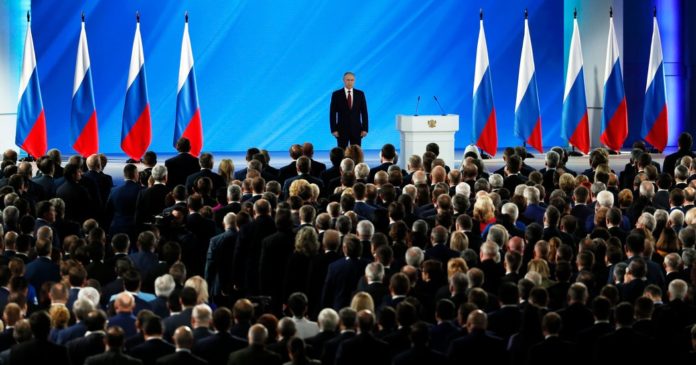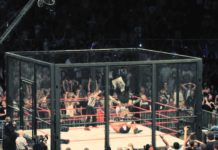Mr. Mishustin is widely seen as one of Russia’s most effective technocrats. He has headed Russia’s Federal Tax Service since 2010, modernizing a notoriously ineffective and corrupt tax-collecting system. The Financial Times dubbed the computerized, real-time approach to taxation he developed as “the taxman of the future.”
In his early years as president, Mr. Putin built his popularity on soaring living standards, which coincided with a period of rising oil prices. But with lower oil prices and Western sanctions, those steady improvements are now a thing of the past. Disposable incomes are still effectively below what they were in 2013.
Mr. Putin also used his state-of-the-nation speech to make a raft of pledges to improve Russians’ daily lives. For example: free hot meals for all elementary school students from grades one through four.
Unlike Russia’s more prominent economic reformers, the 53-year-old Mr. Mishustin has no political base of his own, reducing the likelihood that he might use the powers of his new office to chip away at Mr. Putin’s authority.
Could he be loosening his grip?
Not at all.
In theory, at least, Russia’s system of governance echoes that of France — a powerful presidency checked by an independent judiciary, by parliament and by a cabinet of ministers headed by a prime minister with his own locus of authority.
But Mr. Putin has steadily subsumed the authority of all those institutions, often justifying crackdowns on political pluralism as necessary in the face of external threats. He reprised that language in his speech on Wednesday, signaling that no political thaw is in the offing.
“Russia can be and can remain Russia only as a sovereign state,” he said.
That was an allusion to Mr. Putin’s frequent charge the West is fomenting political opposition to undermine Russian sovereignty.
To drive home the point, Mr. Putin proposed a constitutional amendment that offered the day’s clearest statement of how he views his successor: Russia’s future president, Mr. Putin said, may not ever have had citizenship or permanent residency in another country.
Source : Nytimes














